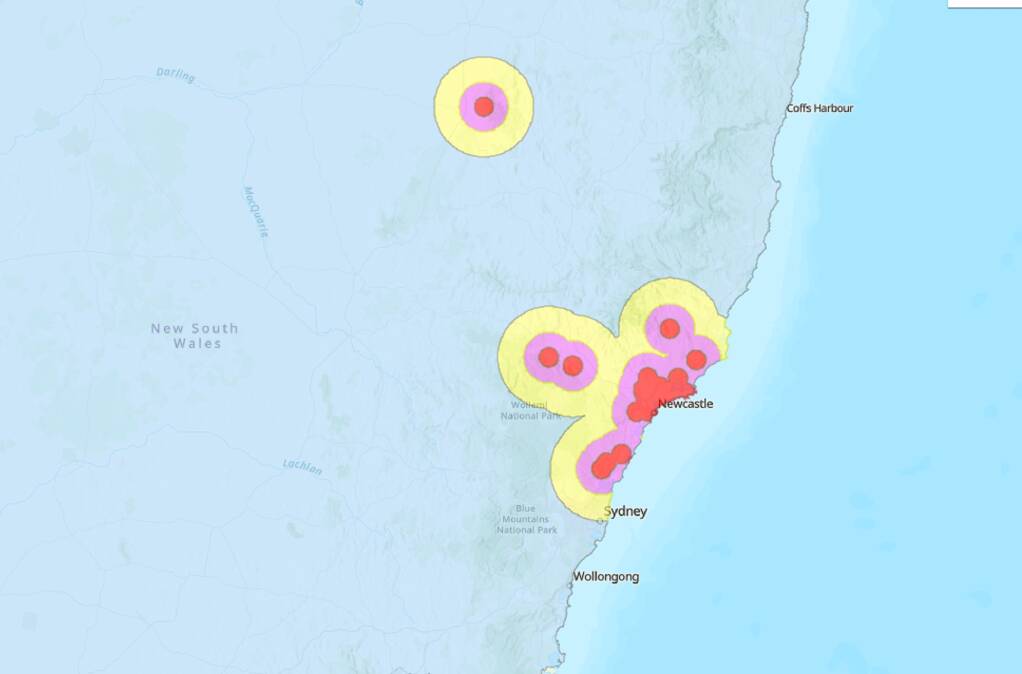
The NSW government has scaled back plans to euthanise bees in the Hunter and elsewhere, stoking the belief among beekeepers that eradication of the deadly varroa mite is near impossible.
The Department of Primary Industries stated on its website that "widespread euthanasia of hives within the eradication (red) zone is currently on hold as intelligence is gathered by surveillance teams to better inform response priorities".
"Now that we've confirmed multiple infested sites, the priority is to establish the outer limits of the affected areas through targeted surveillance."
Eradication zones were established around areas including Port of Newcastle, Bulahdelah, Seaham, Calga, West Wallsend, Wyong, North Arm Cove and Glen Oak, as the parasite was found to have spread.
The emergency response, which includes surveillance and notification zones, covers Port Stephens to Sydney.
One Newcastle beekeeper believed the DPI had "realised it was mission impossible" and "given up" hopes of eradicating the mite.
"It's clearly beyond their abilities to eliminate all the hives in the red zones. It would be 15,000-plus hives, not including feral and unregistered hives," he said.
"Do the maths and it's surely impossible to get it done before spring, when the swarming season kicks off. And that's assuming the red zones don't expand, which they inevitably will."
NSW Minister for Agriculture Dugald Saunders said on Saturday that the government would now "allow the movement of beehives for pollination and honey production" outside of the emergency zones.
"We know varroa mite is the biggest threat to honeybees worldwide and, while we remain focused on eradication, we also recognise the need to ensure business continuity for the state's $20.9 billion primary industries sector," Mr Saunders said.
Roger Easton, of Highland Honey in Fennell Bay, said the situation was "looking desperate". "They're coming to realise that putting a complete embargo on the movement of hives will have a horrendous effect on pollination," Mr Easton said.
"The almond season is due to start on July 24.







